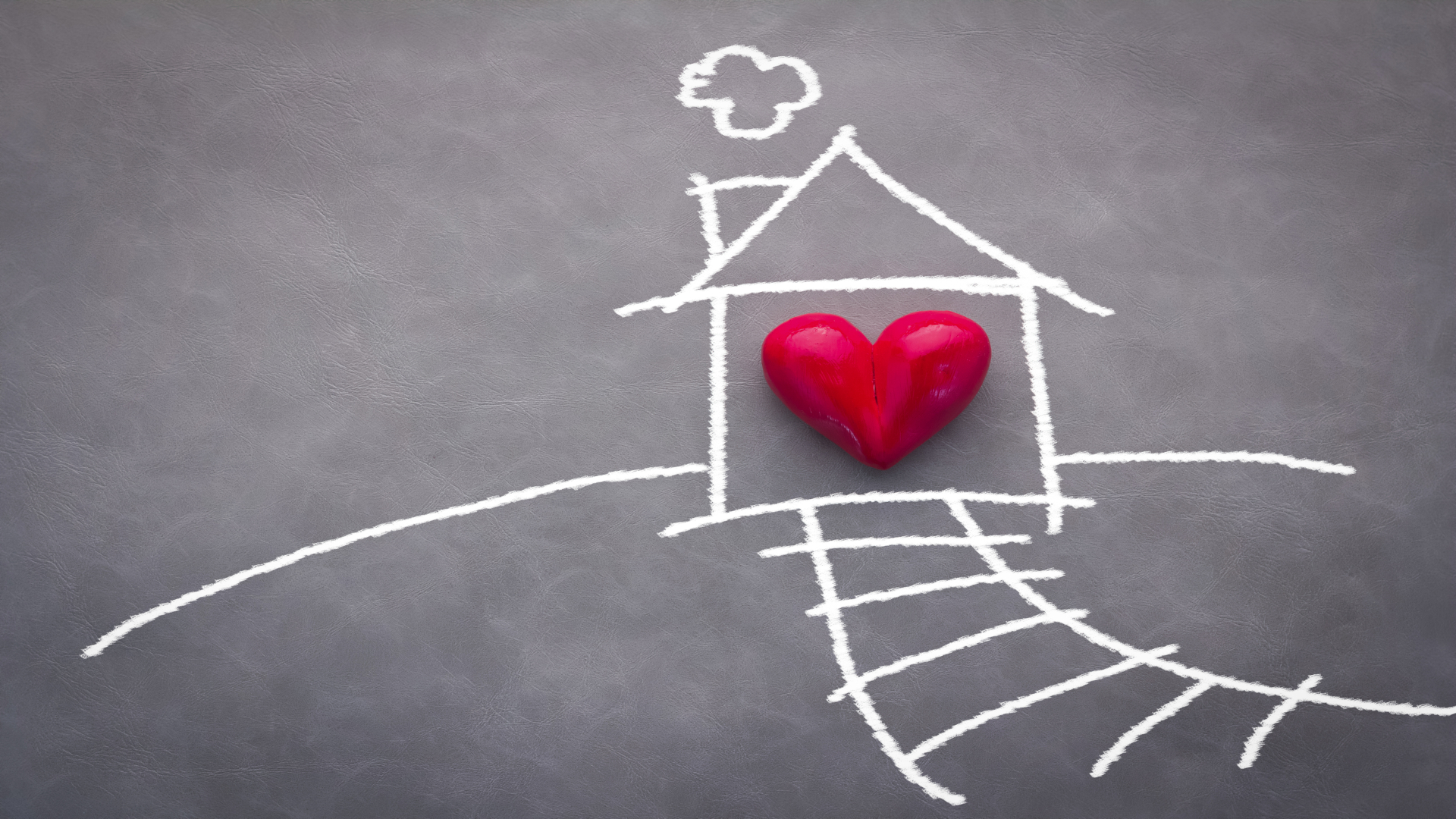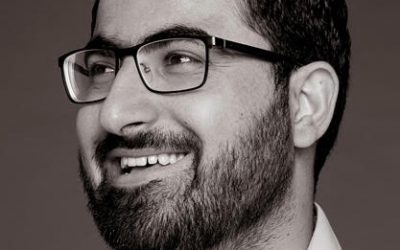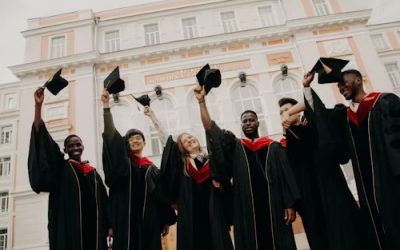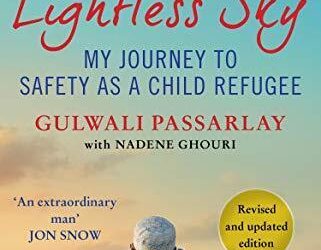Home is where we feel safe and welcome. When migrants begin their journey, they search for a new sense of safety and belonging. The journey is different for every migrant, but it’s a journey made by millions of men, women, and children. Their story needs to be told.
The place we call home is central to our happiness and sense of belonging. For migrants, the word home forms two opposing bookends in our hearts and minds – the home we left behind and the home we make in our new community. There are many ways that we keep the connection to our family home, the home of our childhood, through photographs, books and very often, the smell and taste of traditional foods.
In Natalie’s winning entry in the TGIUK inaugural StoryTelling competition, “The Bowl of Soup”, Dao connects to her home country, “all in a bowl of soup”. Her story evoked memories from Nazek Ramadan, Founder and Executive Director at Migrant Voice, one of the competition’s renowned judges, “I loved the use of the word ‘home’ in this story and the description of home as the only safe space and how familiar smells bring comfort.” She describes it as a powerful story that reflects the sense of loneliness and rejection often experienced by migrants when they first arrive searching for a new life and a new home.
In her own life, Natalie has made her home in the UK, having come here in 2003 to study English Literature and History.
“As a child, we lived in many different countries, and my parents always made each new place our home. My mother taught me that you take home with you, and I firmly believe that. There is, however, one moment in time when a new place finally feels like home, and for me, it was when we brought our newly born son into the house we currently live in. That’s when I knew that we were home.“
As a child of a Thai mother and a German father, Natalie already has a beautiful blend of different cultures, which helped form her strong, warm, and friendly personality. But it has also helped her see how people can be reluctant to welcome the different. In her mother’s home country, Thailand, marrying a foreigner was not the norm in the 1970s, and it took time and effort for her father to be welcomed into the family. Likewise, in Germany, her father’s home, her mother had to struggle with not only a language barrier but with preconceived notions of Asian women. Natalie has channelled those experiences into managing adverse reactions and firmly believes in the act of positively engaging with people.
“We need to recognise that any form of racism or discrimination typically comes from a place of ignorance. Its intent is not always malicious, and, in those instances, the only solution is to open a dialogue. When we engage in conversation, we can work together to combat ignorance. When people hear me speaking German to my children and react negatively, I take a deep breath and, if I can, politely explain why their comment is offensive. I can take control of the situation and, in doing so, I can turn something ugly into a positive experience. I believe that unless you know better, you cannot do better”.
Knowing better is why Natalie writes migration stories; she believes she and other storytellers can help break down stereotypes through creative words. We all deserve to be heard, and unless people share their stories, the good and the bad, we cannot hope to close the gap of ignorance.
“Society works to accommodate the majority, so it is up to us as individuals to try to be heard. Through our stories, we can engage with so many other people and share not just what makes us different, but what connects us”.
There is a tendency to focus on where people come from, concentrating on nationality rather than heritage. Natalie recounted how someone close to her had DNA testing, only to find that rather than being purely English as they had always assumed, the person was of mixed Gaelic heritage with a hint of Iranian.
“It just proved to us that migration is nothing new. People have always travelled around the world and settled down to make new communities made up of many different cultures”.
Even today, appearances still make a difference, and we form our opinion on a person before we take the time to know them. In Natalie’s story, The Bowl of Soup, the mother’s appearance, glowing ‘milk-tea’ skin, long black hair, and bright clothes made her stand out and be different. When we judge a person based on a headscarf, a turban, the colour of their skin, or their language or accent, we limit our ability to embrace new possibilities.
“I am luckier than some other migrants as I can choose when to expose my differences, and that is mainly through speaking German to my children. I have always found England and its people open and welcoming, but sadly in the post-Brexit UK, I have had some negative experiences, mostly from older people. To some extent, I can understand their reaction, and I try to engage in conversation with them”.
Natalie intends to bring her children up to love and respect their many different heritages, speak German, love Thai cuisine, enjoy being British, and all that Britishness brings. She is a firm believer that being exposed to different experiences enables you to value things differently.
“I have lived in many different countries, experiencing different cultures, all of which have helped me recognise that everyone carries a story within them which shapes who they are and how they act. By telling our stories, we can share knowledge and understanding. We begin to realise that at a basic human level – pain, pleasure, love, grief, and joy – there is no us and them, there are no borders. I have learned that, like home, joy is not in a place, but rather it is in special moments and in the people who take root in our hearts and minds”.
And so, as we settle into our new country, remember that we always carry our old home with us and by sharing our stories, we share that home with many people. And as we welcome new friends and family into our home here in the UK, we are making new memories to share.
You can read Natalie’s story in the forthcoming Support Us 2023 publication of TGIUK Storytelling competition best entries.







